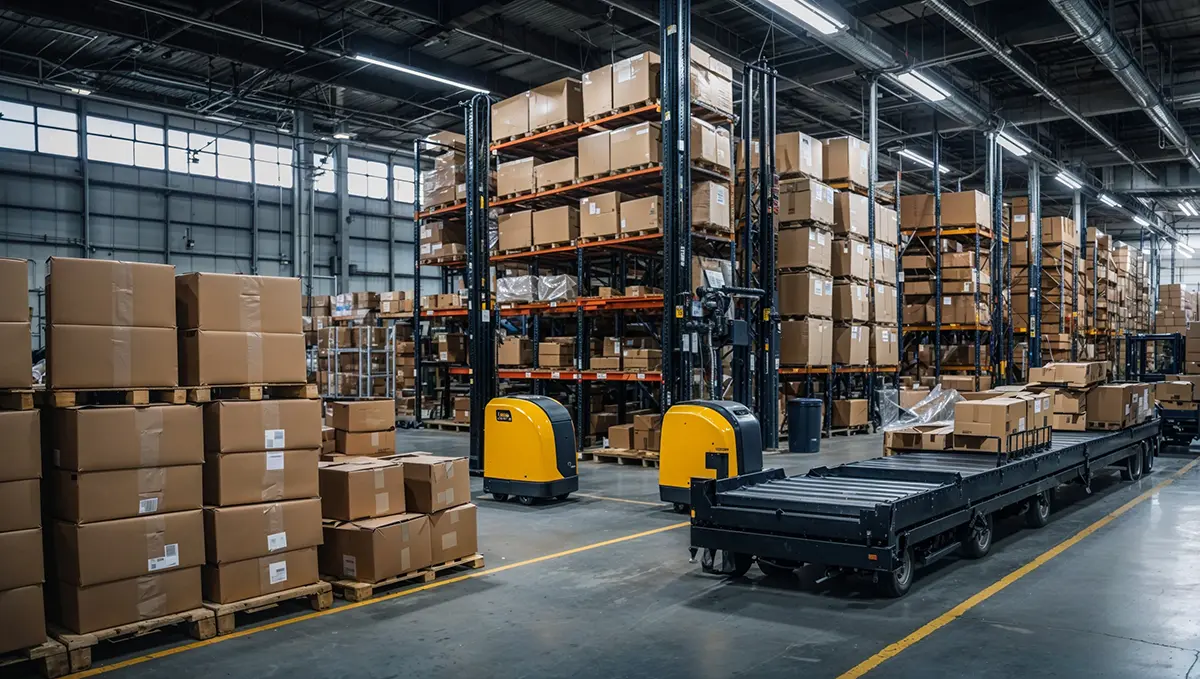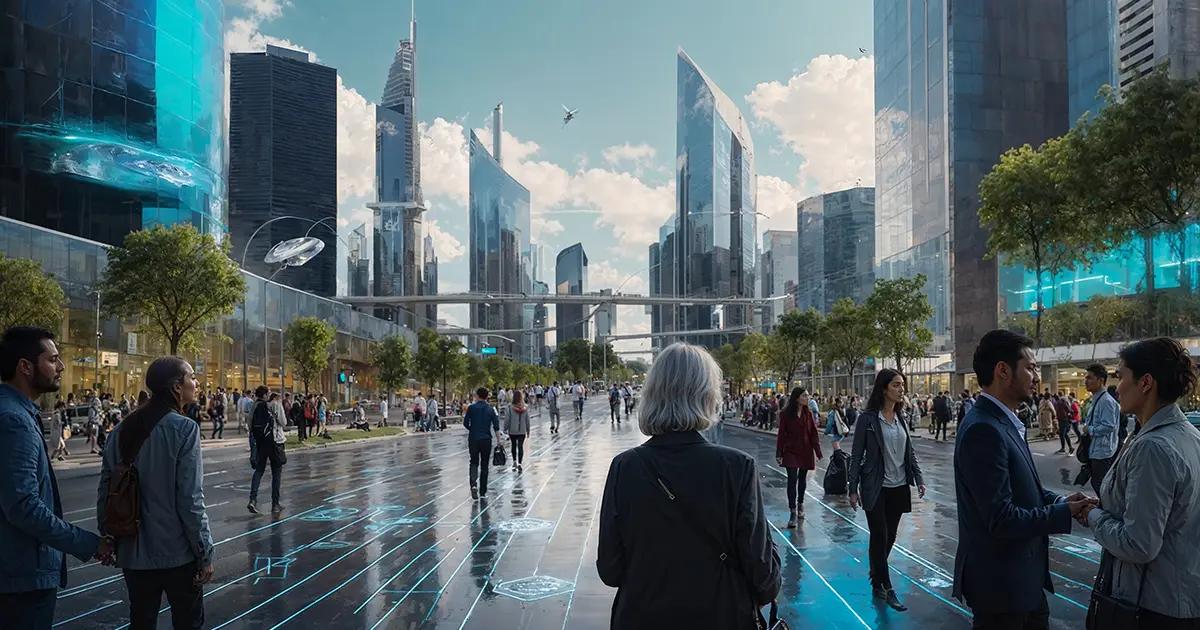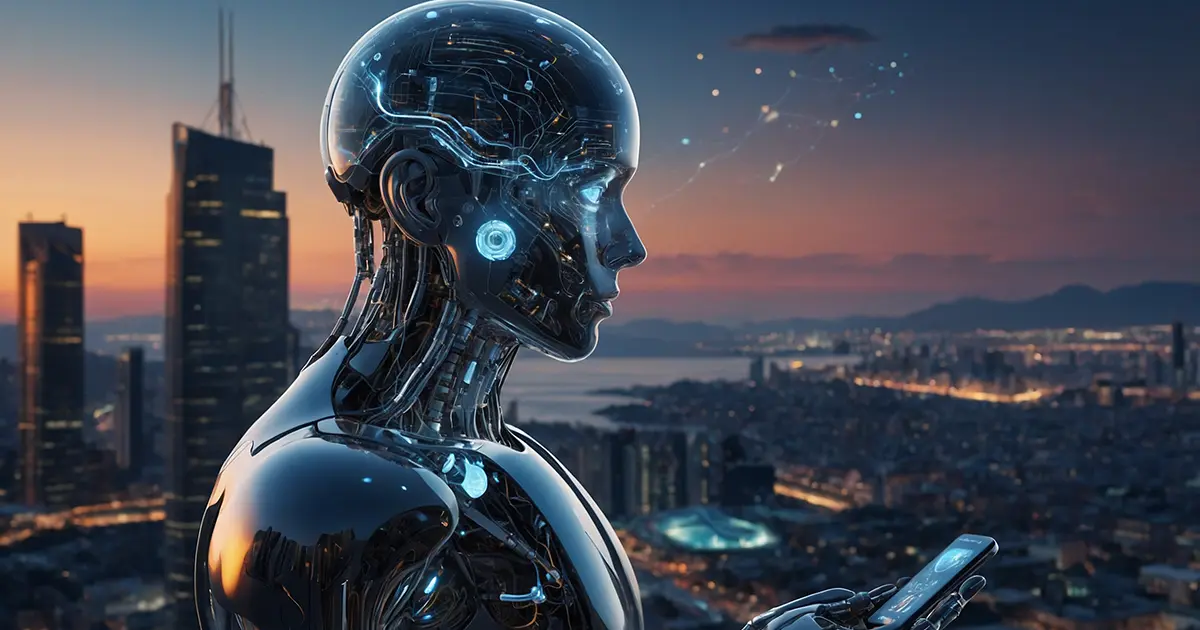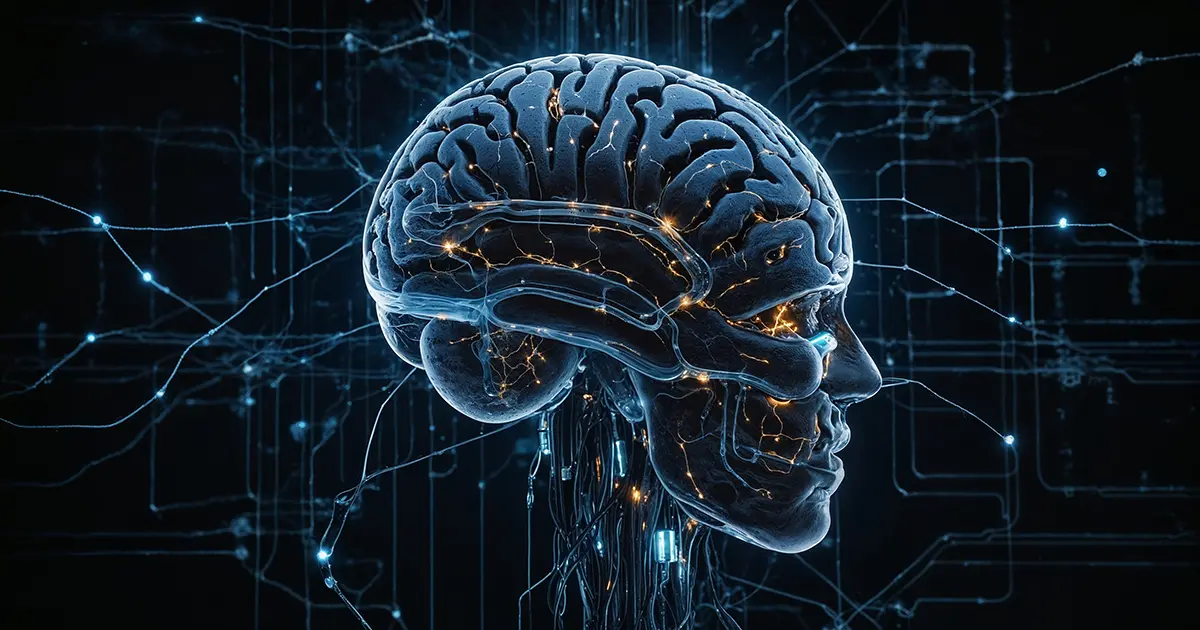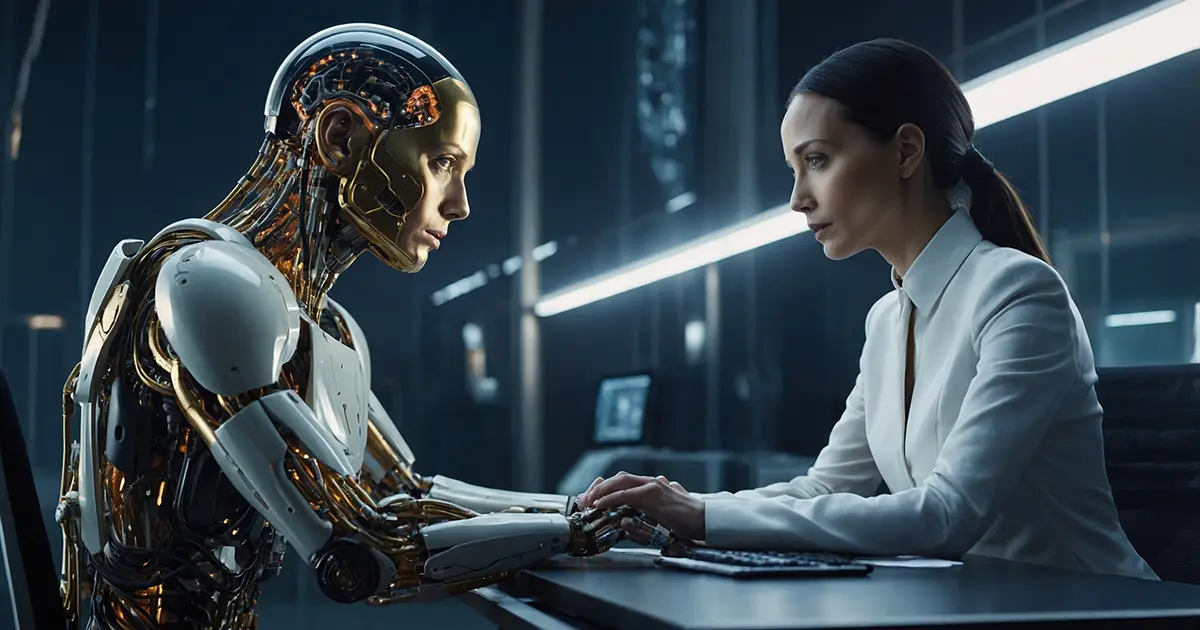The Public Debate Around AI: What You Need to Know
Artificial Intelligence (AI) has sparked debates across society. While it offers new opportunities, it also raises ethical concerns about privacy, job displacement, and fairness. This article explores the implications of AI for society and provides practical advice on how to safely integrate AI into everyday life.
AI and its impact on society: A complex debate
The rise of artificial intelligence has sparked heated discussions in society, with views ranging from optimistic to highly skeptical. Some see AI as a revolutionary force that will solve global problems, while others fear it could widen social divides, eliminate jobs, and even pose risks to privacy. These contrasting views highlight AI’s growing influence on everything from the economy to human rights. AI is already transforming industries, but its long-term societal impact remains the subject of intense debate.
Understanding AI ethics: A critical foundation
AI ethics is a field that focuses on the responsible and fair use of artificial intelligence. At its core, it asks how AI should interact with human life, with the goal of preventing harm and ensuring that the benefits of AI are distributed fairly. Scholars such as Nick Bostrom and Stuart Russell have raised concerns about the potential misuse of AI and emphasized the need for strong ethical guidelines. Bostrom argues that unchecked AI could lead to unintended consequences, while Russell stresses the importance of aligning AI goals with human values. On one side we have technologists pushing for innovation, and on the other side we have ethicists arguing for caution and regulation. Both groups are essential to shaping the future of AI, but their different perspectives create a dynamic tension that could drive meaningful progress if effectively balanced.


The ethical divide: Two contrasting views
In the ongoing debate about the role of AI in society, two camps often emerge: optimists and skeptics. The optimists believe that AI will vastly improve the quality of life by automating work, advancing health care, and solving complex problems such as climate change. Companies like Google and IBM are investing heavily in these innovations, promoting the idea that AI can empower humanity. On the other side, skeptics worry about job displacement, privacy, and the potential for AI to be weaponized. AI pioneer Elon Musk has repeatedly warned of the existential risks of unchecked AI development. If both sides continue to maintain their positions, the future of AI is likely to see both remarkable advances and significant challenges. Striking the right balance between innovation and regulation will be critical to ensuring that AI benefits society as a whole.
Practical AI safety tips for everyday use
For most people, AI is already a part of everyday life, from voice assistants like Siri to personalized recommendations on Netflix. To use AI safely and effectively, it’s important to be aware of how these technologies work.
Here are some tips:
Five ways AI can improve daily life
AI offers numerous benefits to simplify everyday tasks. Here are five examples of how it can improve the average person’s life:
- Personal assistants: Tools like Google Assistant can manage schedules and set reminders.
- Healthcare support: AI-based applications like Ada can help diagnose symptoms and provide medical advice.
- Commute efficiently: Google Maps uses AI to predict traffic and suggest faster routes.
- Financial management: Apps like Mint use AI to track spending and make budget recommendations.
- Home automation: AI-powered devices, such as smart thermostats, help control energy consumption and reduce costs.

Balancing AI innovation and regulation
The balance between innovation and regulation will play a critical role in how AI impacts society in the future. Tech companies are pushing the boundaries of AI capabilities, but without proper guidelines, the risks are significant. Policymakers around the world are already drafting legislation to regulate the use of AI, with a focus on data protection, transparency, and accountability. A key example is the European Union’s General Data Protection Regulation (GDPR), which sets strict limits on how companies can use AI to process personal data. Looking ahead, a healthy balance between forward-thinking innovation and strong ethical oversight will be critical to ensuring that AI is a force for good.
Addressing job displacement and AI’s role in the workforce
One of the biggest concerns about AI is its impact on jobs. Automation is already replacing roles in manufacturing, customer service, and even transportation. But while some jobs are disappearing, AI is also creating new opportunities in engineering and data science. Companies like Tesla are pioneering the use of AI for automation, while others like Amazon are investing in retraining workers to adapt to new AI-driven roles. To navigate this shift, workers need to focus on developing skills that AI can’t easily replicate, such as creative problem solving and emotional intelligence.

The future of AI in society
As AI continues to evolve, its impact on society will only increase. In the future, we may see AI integrated into nearly every aspect of life, from healthcare to education. Experts predict that AI could help address global challenges, but it could also exacerbate existing inequalities if not managed carefully. To ensure that AI serves the public good, it’s critical to foster an open dialogue between developers, ethicists, and policymakers. The decisions we make today about how to regulate and use AI will shape the world for generations to come.




